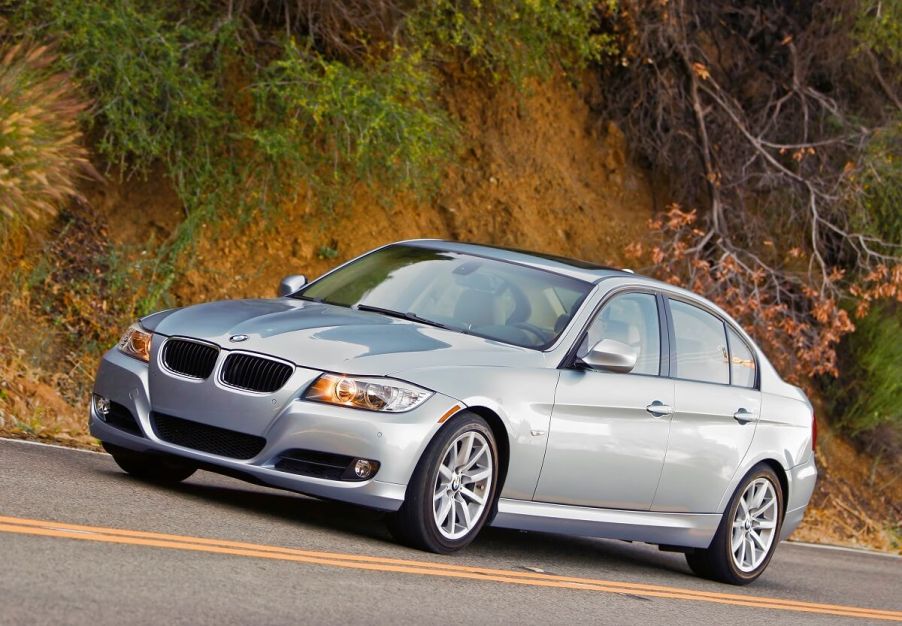
Why Do German Luxury Cars Lose Value So Quickly?
German luxury cars are known for their exceptional build quality, advanced engineering, and cutting-edge technology. However, despite their impressive reputation, these vehicles lose value relatively quickly. In this article, we will explore some of the reasons why German luxury cars depreciate so rapidly.
Are German luxury cars leased the most?

Leasing is a more common practice for German luxury cars than any other vehicle type, and this phenomenon has its upsides and downsides. On the one hand, it results in many used BMWs when the initial lease expires and the car is returned. On the other hand, as luxury car owners usually upgrade their vehicles every three to four years, more used cars are available than buyers. This surplus of used vehicles can cause them to remain unsold on dealer lots, decreasing their market value even for individual sellers.
Conversely, leasing brand-new German luxury cars is comparably more affordable than leasing used cars or new, reliable commuter cars. This affordability entices many buyers to lease a big-name luxury car for a few years instead of opting for a used one. Consequently, this causes a further reduction in the price of used German luxury cars to make them more competitive. Hence, consider a Toyota over a BMW if you are in the market for a used car.
Are German cars more expensive to maintain?

German luxury cars are more costly due to their complex technology and engineering. Additionally, these cars typically come with high-standard equipment and optional features, making them more expensive to purchase when new. Nevertheless, these features may not necessarily enhance the car’s value over time and may even become outdated, leading to a decrease in value.
This is particularly evident in the rapid evolution of car technology, where features that were once considered advanced may now be standard in less expensive models. Furthermore, German luxury cars are known for requiring specialized maintenance and repair services, which can add to the overall cost of ownership. As a result, many luxury car owners tend to trade in their vehicles for newer models more frequently, perpetuating the cycle of high depreciation and maintenance costs.
Do luxury cars have electrical issues?

German luxury cars are notorious for their complex and expensive-to-maintain electronic systems, contributing to their rapid depreciation. These systems are crucial for the advanced features and technologies these cars offer. However, the systems can also be costly to repair or replace if they fail. Consequently, potential buyers may hesitate to purchase used German luxury cars due to concerns about possible electronic system failures.
Moreover, constantly introducing new electronic features can make older models seem outdated, lowering their resale value. This cycle of technological advancements and electronic system complexity creates a dilemma for luxury car owners. They must balance the appeal of advanced features with the cost and risk of owning an older model. In conclusion, the high complexity of electronic systems in luxury cars contributes significantly to their rapid depreciation.
Do luxury cars lose value quicker than normal cars?
In conclusion, German luxury cars depreciate quickly due to several factors. The most significant reason is that these cars are leased more than any other vehicle. Additionally, cars like BMW are expensive to maintain, with complex technology and engineering requiring specialized services. The complexity of these systems also contributes to their notorious reputation for electrical issues, causing potential buyers to hesitate. These factors create a cycle of high depreciation for German vehicles specifically.


